10 Everyday Phrases With Surprisingly Offensive Origins
From innocuous expressions to deeply ingrained sayings, let’s unravel the hidden stories behind commonly used phrases that might leave you rethinking their usage.
Rule of Thumb
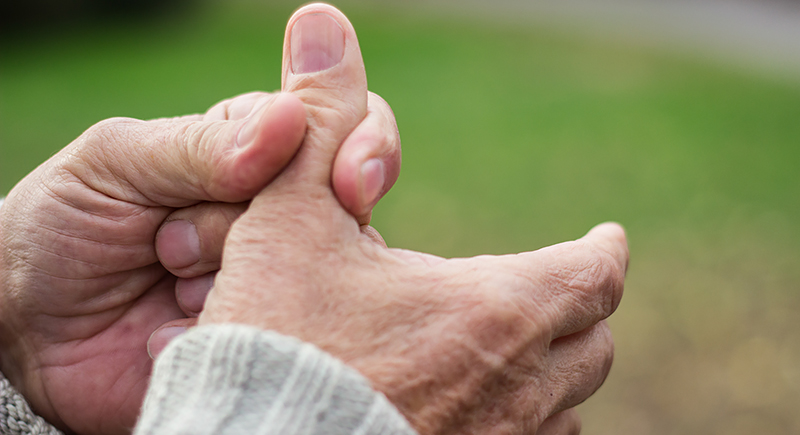
Credit: iStockphoto
Originating from an outdated English law allowing husbands to beat their wives with a stick no wider than their thumb. This phrase serves as a reminder of the historical oppression and violence against women.
Peanut Gallery

Credit: flickr
This refers to the cheapest and rowdiest seats in theaters, often occupied by African Americans during the segregation era. Its usage perpetuates the racial segregation and discrimination of the past.
Sold Down the River
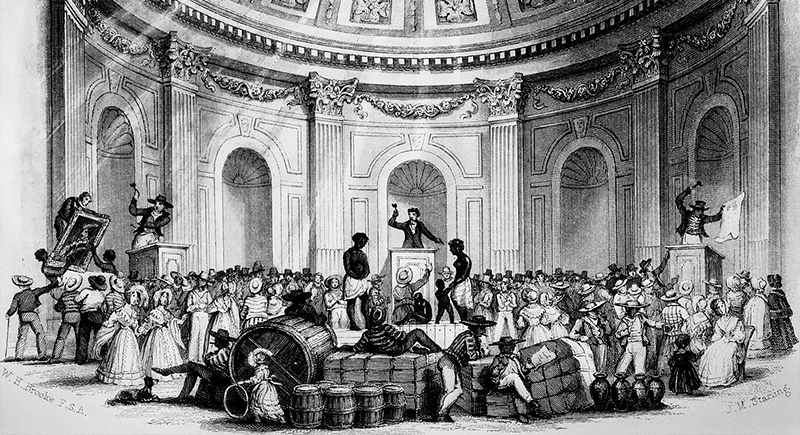
Credit: Reddit
Tracing back to the 19th-century American slave trade, where slaves were sold down the Mississippi River to harsher plantations. This phrase evokes the brutality and betrayal endured by enslaved people.
Gyp or Gypsy
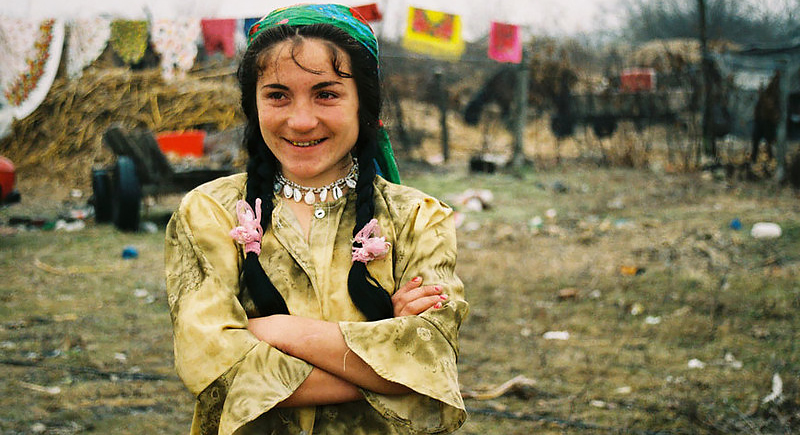
Credit: flickr
Deriving from the racial slur against the Romani people, it perpetuates negative stereotypes and discrimination. Its casual usage contributes to the marginalization of an already oppressed ethnic group.
Eskimo Brothers

Credit: iStockphoto
Originally a crude term referring to two men who have had intimate relations with the same woman, trivializing relationships and objectifying women. This phrase reduces intimate connections to mere conquests, perpetuating harmful attitudes.
Hip Hip Hooray

Credit: flickr
Once a rallying cry of German Nazi soldiers, now stripped of its dark connotations but still carrying a tainted past. Its innocent usage today belies its disturbing origin, serving as a reminder of the atrocities of the past.
Grandfather Clause
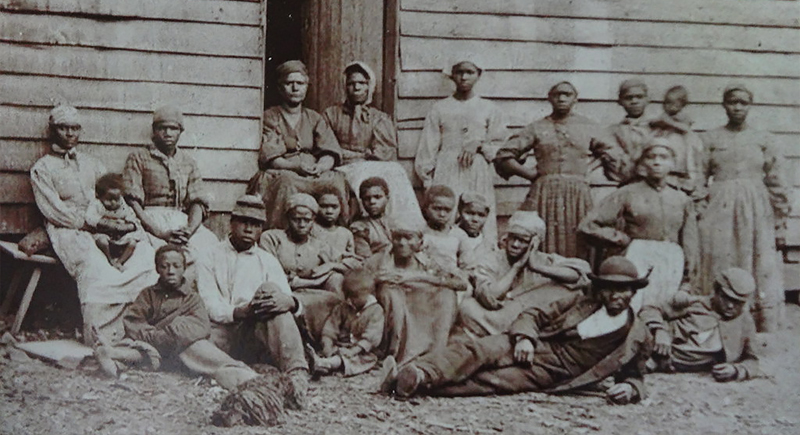
Credit: flickr
Introduced to exempt white voters from literacy tests and poll taxes during the Jim Crow era, perpetuating racial inequality. This clause reinforced systemic racism, denying African Americans their right to vote and perpetuating segregation.
Calling a Spade a Spade
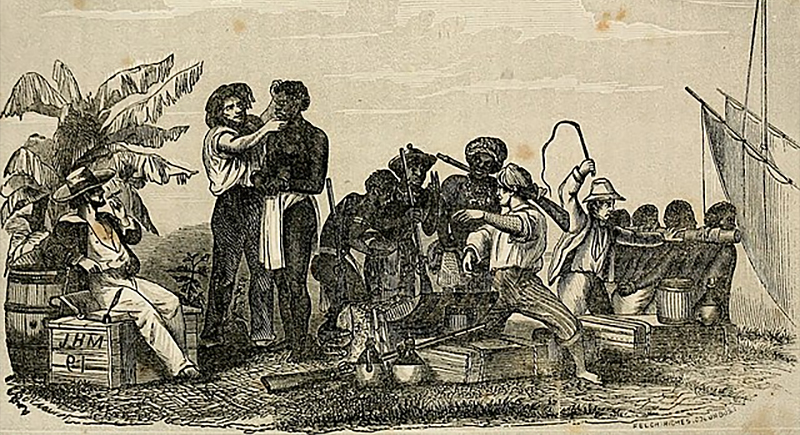
Credit: Wikimedia Commons
Tracing back to ancient Greece, where the word “spade” was used as a racial slur against Black people. This phrase underscores the importance of examining the origins of seemingly innocuous expressions to avoid perpetuating harmful stereotypes.
Hooligan

Credit: iStockphoto
Originating from an Irish family’s surname, used to describe rowdy and violent behavior, perpetuating negative stereotypes. Its usage reinforces stereotypes about Irish people and contributes to cultural misrepresentation.
Blacklist
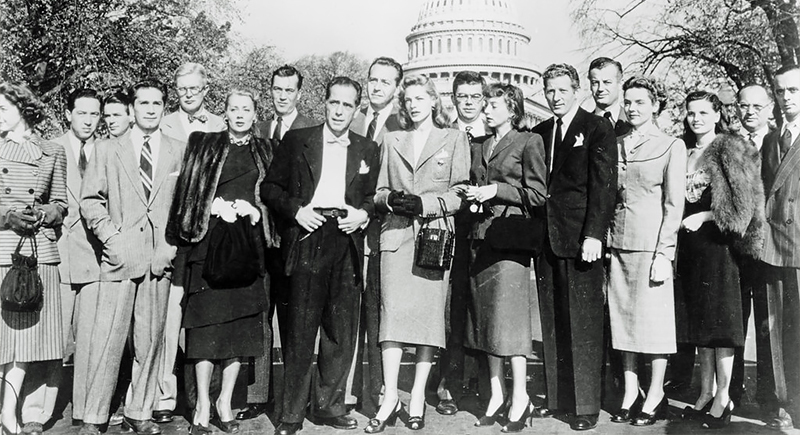
Credit: flickr
Coined during the Hollywood Red Scare to ostracize suspected communists, leading to the ruin of careers and lives. This term symbolizes the dangers of political persecution and censorship, reminding us to safeguard freedom of expression and dissent.